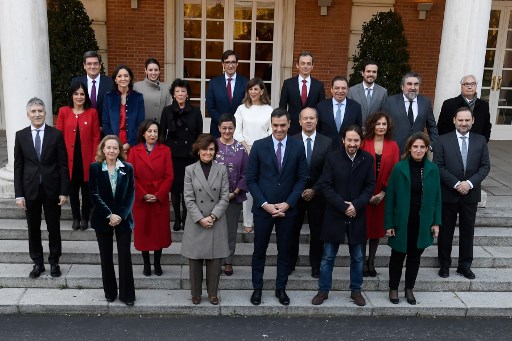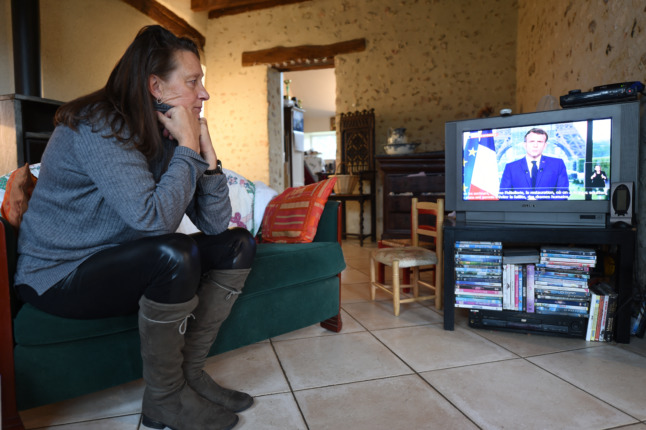The country's 11 million pensioners will see their pensions rise by 0.9 percent in 2020, the expected inflation rate for the year, to ensure they “do not lose purchasing power,” the Socialist leader told a news conference after the measure was approved.
If the inflation rate ends up being higher than 0.9 percent, pensioners will receive a payment in early 2021 to make up the difference, he added.
Pensions in Spain stopped being linked to inflation in 2014 as part of austerity measures introduced by Sanchez's conservative predecessor during the country's financial crisis.
Raising pensions in line with inflation was one of the measures included in the coalition agreement signed between Sanchez's Socialists and anti-austerity party Podemos following a repeat November general election.
Sanchez, in power since June 2018, was sworn in again as prime minister last week, becoming the head of Spain's first coalition government since the 1930s.
Pensioners have staged regular street protests in recent years to demand higher pensions.
Spain's ageing population and falling birth rate has sparked concerns of a potential pensions time bomb and calls for a reform of the system.
Sanchez said his government would work to ensure the pensions system is “sustainable”.
He also said his government would renegotiate with Brussels its deficit targets for the coming years, after agreeing on a package of measures with Podemos which will boost public spending, and a new increase in the minimum wage.
“There is a new political as well as economic reality, so we have to negotiate with them this new path of stability,” Sanchez said.
His government estimates Spain's public deficit came in at around 2.0 percent of economic output last year and has set a target for it to come down to 1.7 percent this year.
READ MORE:



 Please whitelist us to continue reading.
Please whitelist us to continue reading.
Member comments